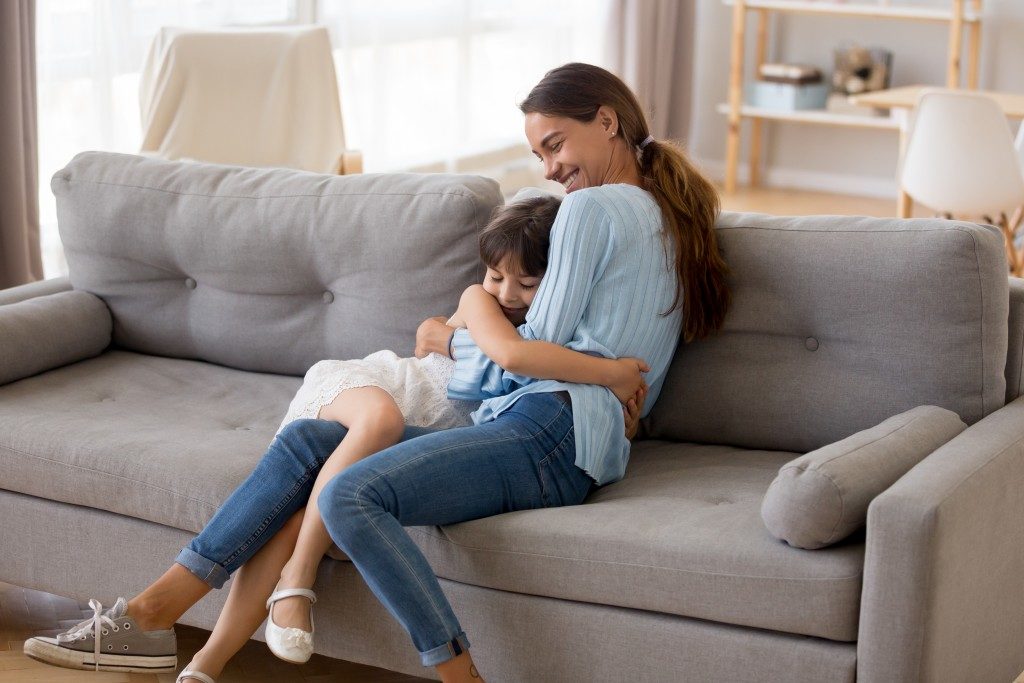Judges typically make decisions on child visitation and custody according to the living accommodations of the parents. They will take into account various factors when determining the acceptability of a parent’s living accommodations based on the individual circumstances of the parents and the child.
These factors would differ from judge to judge, court to court, and state to state. Generally speaking, however, judges will consider the following factors when trying to decide where a child should live.
The Number of Children
If the parent has more than one kid, the judge might assume that the parent has ample space in his or her home. Unfortunately, this might also mean that the judge might be wary of your living accommodations if you’re planning on having three kids share one bedroom, or one kid share your bedroom or sleep on your couch.
If a parent has different kids from other relationships that don’t live with the parent on a daily basis, the judge might also take this into account.
The Gender and Age of the Child
The judge might expect that the non-custodial parent offers the kid sufficient privacy if he or she is of the opposite gender. You can enlist the help from an experienced custody lawyer here in Utah. For example, the kid would need her own room or bathroom.
Also, an older kid might need more space and privacy than a younger kid might, so the judge might think twice about placing a teen in high school if the teen has to share a room with a younger kid.
The Ability of the Child to Adjust
A kid who is used to a bigger house might have difficulty adjusting to a tinier home. However, take note that this is not a big issue because a judge could assume that the kid would do well, even in a smaller house, as long as the kid is spending quality time with the parent.
The Safety of the Child

In the event that there is a chance that the kid might be harmed in the parent’s house or neighborhood, there’s a chance that the judge might restrict overnight visitations to the home of the non-custodial parent.
So make sure to check out the crime stats in your neighborhood and see if there are registered sex offenders that might be living nearby.
The Unique Circumstances of the Parent
Judges also usually take into account the age of parents and their different financial situations when deciding on living accommodations. For example, a parent who pays child support to multiple ex-partners might not be financially able to accommodate the needs of the kid if the judge gives the parent custody of the kid.
With all this in mind, in the vast majority of child custody cases, the ideal option for all involved is for parents to work together and draft a workable parenting agreement. With help from an experienced custody lawyer, you can create a fair visitation schedule that will benefit all parties.
The court will then review your parenting plan, and if it finds that the plan is in the best interest of your child, then the judge will most likely approve it.
